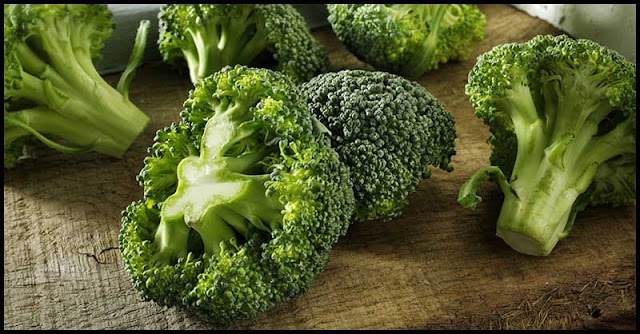As we grow older, we think of ways on how to prevent loss in vision or other vision-related problems. Certain lifestyle changes and eating habits must be strictly followed to for us to have healthy eyes. When it comes to what specific type of foods to eat, certain vegetables may provide us the needed nutrients.
Broccoli, a well-known cruciferous vegetable, has been shown to have an extremely healthy impact on our vision and may provide help in lowering our risk of macular degeneration or cataracts.
Nutrients In Broccoli That May Help Improve Vision
Vitamin C
This superfood is loaded with vitamin C, which plays a role in multiple body functions and systems, including the eyes, specifically the eye’s capillaries and tissues. This vitamin is also highly concentrated in eye fluids, where it acts as an antioxidant to protect our eyes from light-induced damage. According to research, vitamin C may help us avoid age-related macular degeneration and cataracts.
A cup of the cooked broccoli supplies nearly 170 percent of the recommended daily value for vitamin C while a cup of the chopped raw veggie can provide our body with 135 percent of the daily value.
Vitamin A
The branched green vegetable also contains beta-carotene which is converted by our body into vitamin A, a group of antioxidant compounds that play an important role in vision, bone growth, and health of the immune system.
Vitamin A is beneficial to our vision as it helps maintain a clear cornea, which is the outside covering of our eye. It allows our eyes to adjust in the dimming light and see in the dark. Some studies suggest that diets high in vitamin A may be associated with a reduced risk of cataracts and age-related macular degeneration (AMD). A 1-cup serving of cooked broccoli can provide our body with 50 percent of the daily value for vitamin A.
Other best sources of vitamin A are pumpkins, bell pepper, kale, cabbage, and arugula.
Lutein
Broccoli is a good source of lutein, an antioxidant that belongs to the carotenoid group that protects plant cells from damage during photosynthesis. Lutein is important for maintaining eye health and reducing the risk of macular degeneration and cataracts.
Much of the lutein we get from our diet is stored in the retinas and lenses of our eyes, where it absorbs harmful blue light and protects the macula from light-induced damage. Some other good sources of lutein are Brussels sprouts, turnip greens, kale, spinach, and zucchini.









